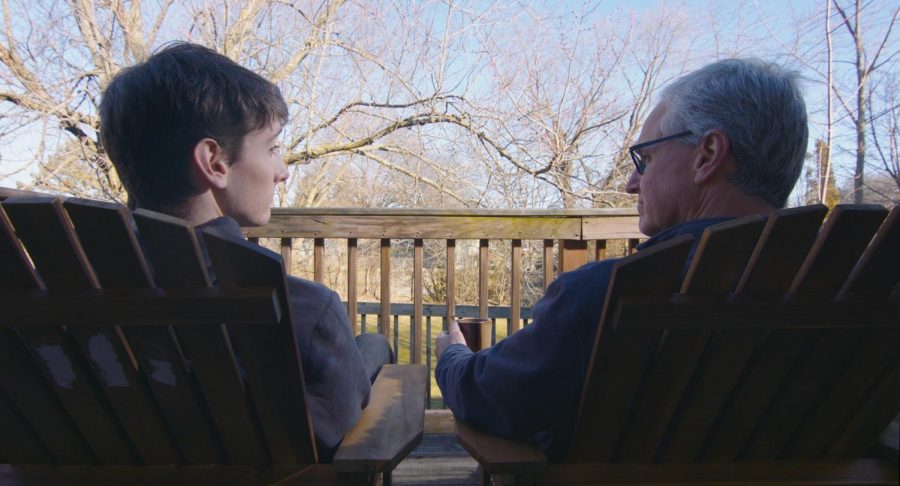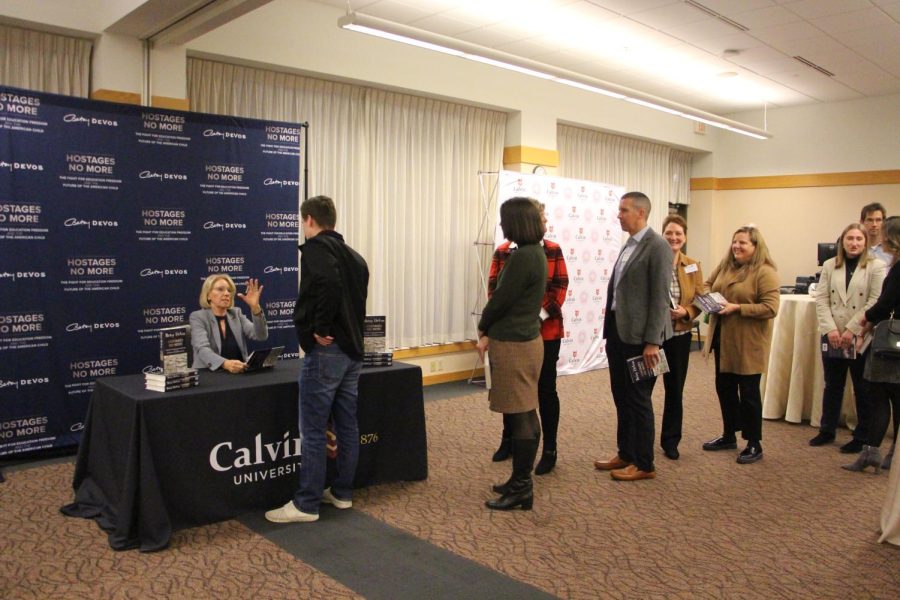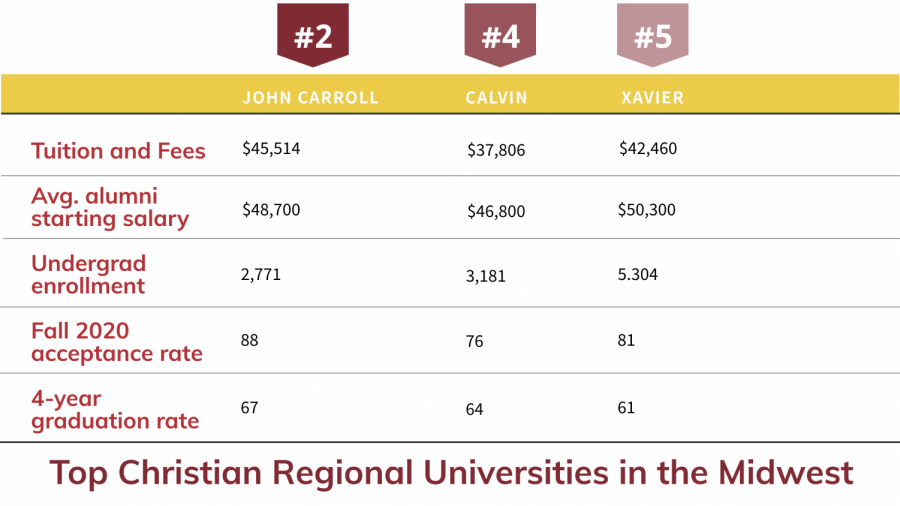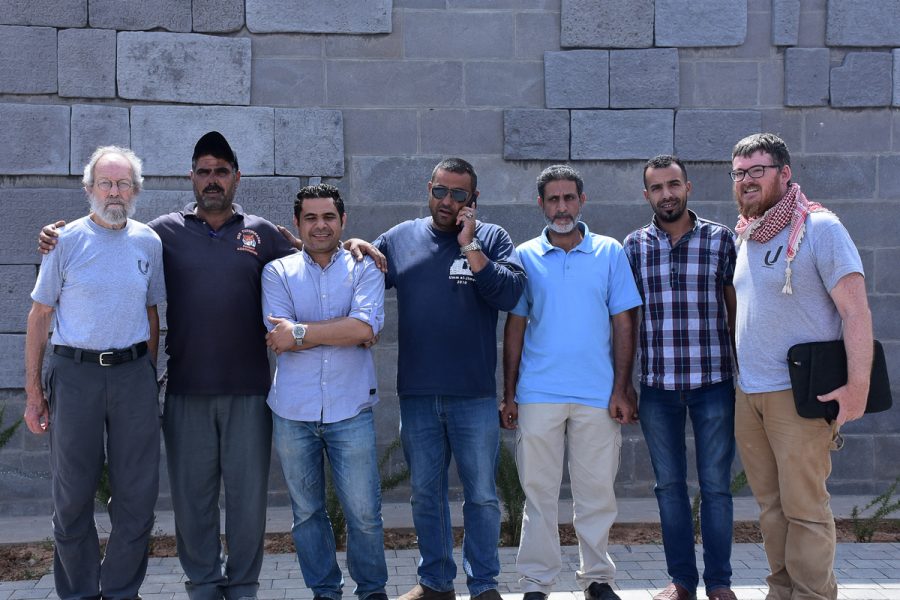Spoken Latin is not something one would expect to hear around campus. And yet, last weekend, that’s exactly what happened. Calvin held its second Biduum Latinum Calvianum, a two-day spoken Latin conference with Calvin professors David Noe and Jeffrey Winkle, as well as a guest speaker, professor Patrick Owens from Wyoming Catholic College.
Sixty-five people registered for the 2013 conference coming from all over the United States. This year, 90 people registered, ranging from nine year olds to 75 year olds.
Noe stressed that even though Latin isn’t spoken by millions of people, it’s still worth practicing.
“Latin has never stopped being spoken since the time of the Romans,” said Noe. “It’s understandable that people would say [speaking Latin] is a little odd but I don’t believe that something has to be popular in order for it to be valuable.”
Noe explained that up until the middle of the 19th century, Latin was the main language of communication and instruction.
“If you wrote a treatise on medicine, you would very likely publish it in Latin so that people all over the world could read it, whether their first language was French, Spanish or Chinese,” he said.
The intention of the conference was not to popularize the language to the level of Spanish or French, said Noe. “The goal is to help people who are already studying Latin gain more confidence and ability by learning how to express themselves in the language as it used to be done.”
However, the goal of the conference was not purely academic. “I hope [participants] gain joy and pleasure in speaking Latin with other students at a variety of ages,” Noe said. “I hope they are encouraged to continue their study of Latin because it is such a beautiful and powerful language. I hope they make friends with other people who are also studying Latin.”
The conference was an overall hit with students, such as sophomore Courtney Zonnefeld.
“Rolling the words around your tongue is quite different than reciting them in your mind,” she said. “We did some reading in my session, of course, but I most enjoyed learning snatches of conversational Latin. It was also encouraging to see so many elementary kids there.”
“The Latin conference was strange because it was all spoken Latin which we have never really experienced in class,” said sophomore Elli Huizinga. “I think that it would be great to add a spoken Latin class to the classical languages program here at Calvin. Unfortunately that is highly unlikely since the Latin major is being reduced to only a minor.”
The conference wasn’t just appreciated by Calvin students. First-year student Anna Morrison from the University of Michigan was also excited about the conference.
“You don’t get a lot of opportunities to speak Latin so it’s really helpful to just attain the goal of speaking it. It helps me understand the language better,” she said.
“I really [liked it] because Latin’s not spoken very often and we have this guest speaker and he is fluent. It’s amazing to see that a language that’s not usually spoken is still appreciated. It’s interesting to see how such an old language still exists in its original form today,” said first-year student Natalie Potter from the University of Michigan.
“It was cool seeing the vitality and usefulness of a dead language,” echoed Calvin junior Alyssa VanHaitsma.
The conference wasn’t an opportunity for only students to learn; the speakers also had the chance to work on their abilities.
“I would like to stress the excellence of one of my colleagues, professor Winkle,” said Noe. “He stepped up to the plate. It was his first time doing this and he was really incredible in his presentation of speaking Latin and engaging students. I heard so many good things about his sessions.”
Though there is a lot of interest for the conference next year, the classics department is unsure of the availability of resources, in terms of both finances and personnel.
“Honestly, I don’t know [if it will happen next year], because if the classics department loses a faculty member, which is a possibility that was announced earlier, it will be much harder to this again,” said Noe.







